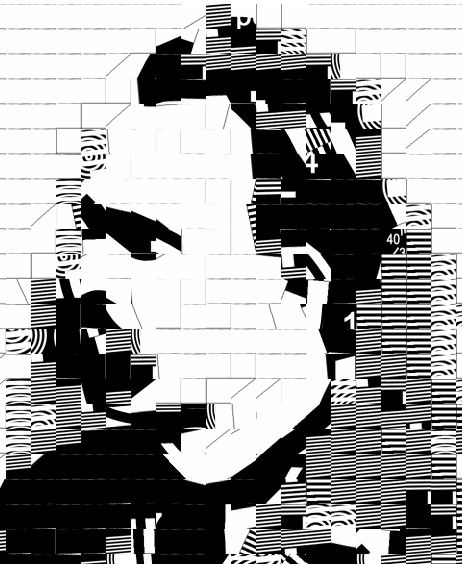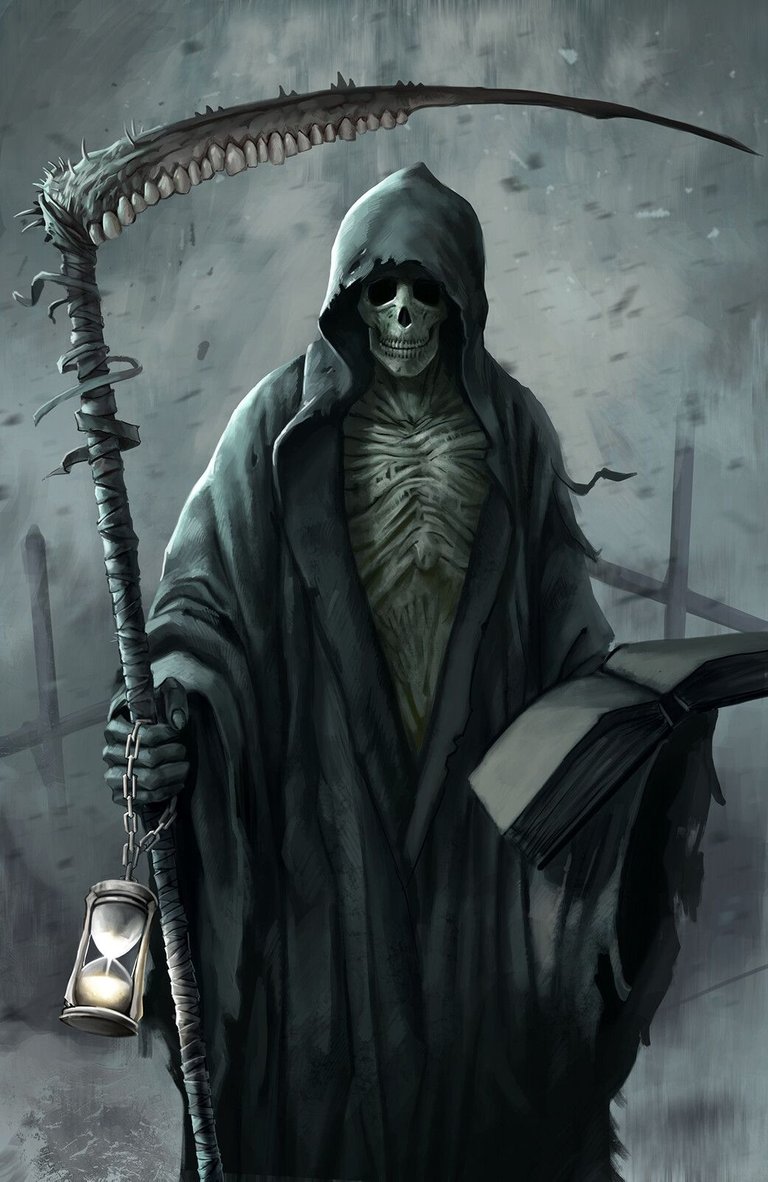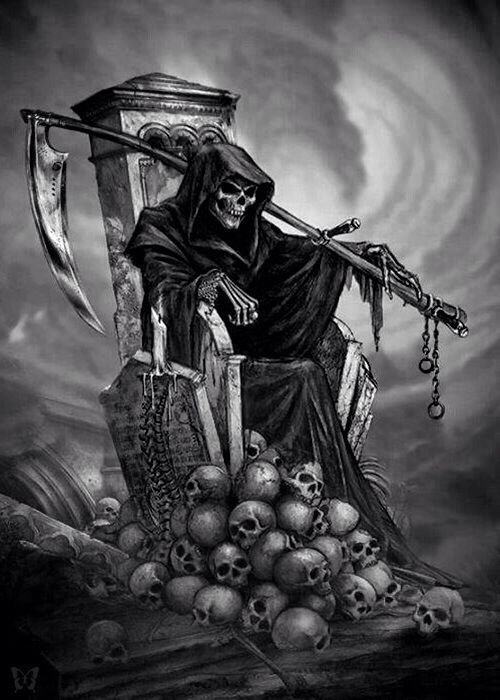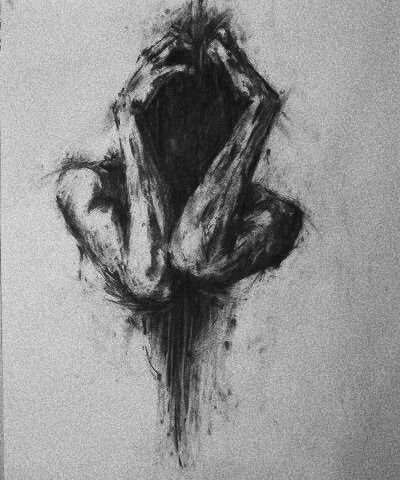Hello HIVERS, 👋

Source
This update is for all of you out there find mulling over random stuff fun or say normality, those who are not afraid of asking the somewhat deeper question of our existence and our nature as humans. So yeah fellow philosophers do enjoy.
In The Denial of Death a Pulitzer Prize-winning publication, the 20th-century American cultural anthropologist and author Ernest Becker, went ahead and espoused deep insights for those who are interested in furthering their understanding of the deep motivations underlying human behavior.
The author argues somewhat convincingly that the fear of death is a primary motive within all of us as humans, which gives rise to the drive for heroism.
He went further to posit that all societies are essentially but Religious Hero-systems. Which according to him, provides opportunities for individuals to deny death through the achievement of heroism.

Source
The following passages are from the publication, The Denial of Death shedding more light into Becker's insights:
What does it mean to be a self-conscious animal? The idea is ludicrous if it is not monstrous. It means to know that one is food for worms. This is the terror: to have emerged from nothing, to have a name, consciousness of self, deep inner feelings, an excruciating inner yearning for life and self-expression – and with all this yet to die. It seems like a hoax, which is why one type of cultural man rebels openly against the idea of God. What kind of deity would create such complex and fancy worm food? Cynical deities said the Greeks, who use man’s torments for their own amusement.
Ernest Becker

Source
The irony of man’s condition is that the deepest need is to be free of the anxiety of death and annihilation, but it is life itself which awakens it, and so we must shrink from being fully alive.
Ernest Becker

Source
It doesn’t matter whether the cultural hero system is frankly magical, religious, and primitive or secular, scientific, and civilized. It is still a mythical hero system in which people serve in order to earn a feeling of primary value, of cosmic specialness, of ultimate usefulness to creation, of unshakable meaning. They earn this feeling by carving out a place in nature, by building an edifice that reflects human value: a temple, a cathedral, a totem pole, a skyscraper, a family that spans three generations. The hope and belief are that things that man creates in society are of lasting worth and meaning, that they outlive or outshine death and decay, that man and his products count. When Norman O. Brown said that Western society since Newton, the matter how scientific or secular it claims to be, is still as “religious” as any other, this is what he meant: “civilized” society is a hopeful belief and protest that science, money, and goods make men count for more than any other animal. In this sense, everything that man does is religious and heroic, and yet in danger of being fictitious and fallible.
Ernest Becker

Source
We always knew that there was something peculiar about man, something deep down that characterized him and set him apart from the other animals. It was something that had to go right to his core, something that made him suffer his peculiar fate, which made it impossible to escape. For ages, when philosophers talked about the core of man they referred to it as his “essence”, something fixed in his nature, deep down, some special quality or substance. But nothing like it was ever found; man’s peculiarity still remained a dilemma. The reason it was never found, as Erich Fromm put it in an excellent discussion, was that there was no essence, that the essence of man is really his paradoxical nature, the fact that he is half animal and half symbolic.
Ernest Becker

Source
Well, I found the insights worth musing on, and I think for the deep thinkers you will appreciate them as I did.
Till next update,
Peace!
Learn more.This post earned a total payout of 0.208$ and 0.104$ worth of author reward that was liquified using @likwid.